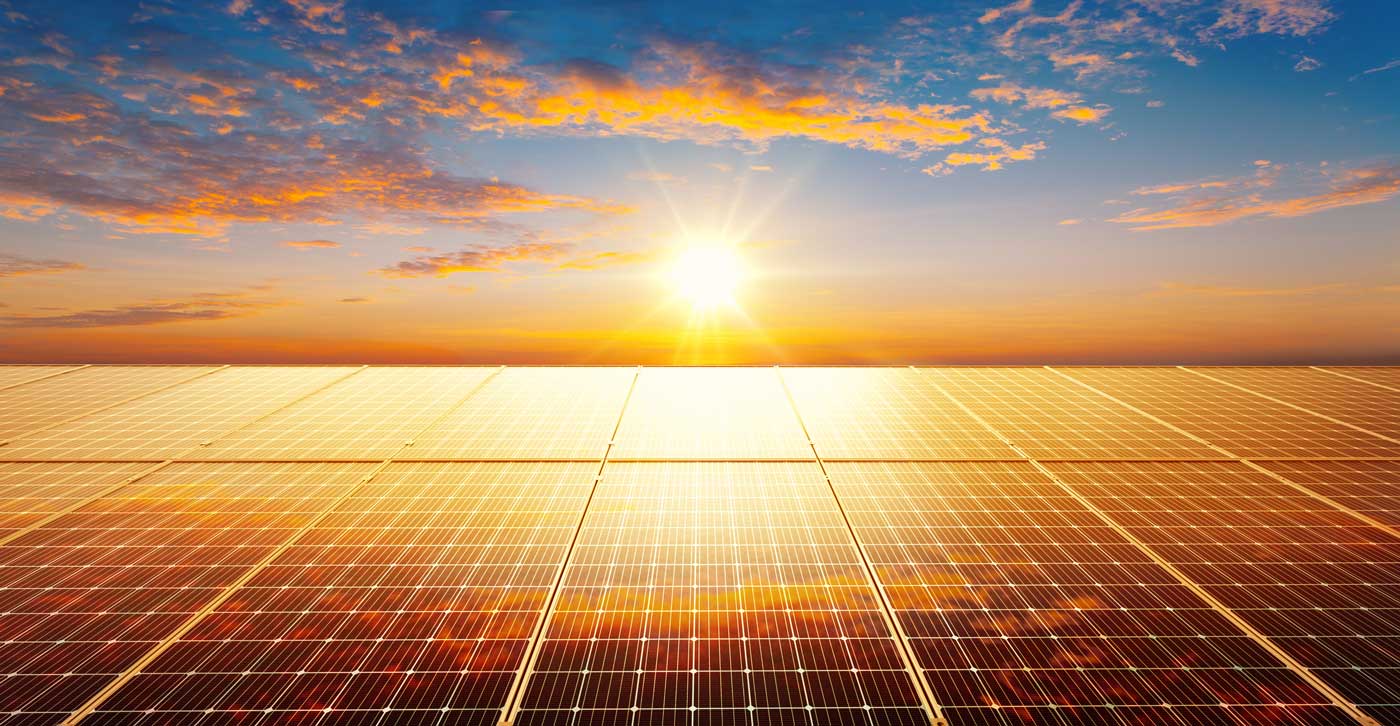
Virginia General Assembly Introduces Bills Proposing Significant Changes to Permitting Process for Commercial-Scale Solar and Energy Storage
The kickoff of the Virginia General Assembly’s 2024 Legislative Session brought the introduction of two bills proposing significant changes to the permitting process for commercial-scale solar and energy storage, in response to an emerging trend of localities implementing policy roadblocks to renewable energy development. If enacted, these bills would hinder efforts by localities in Virginia that are strongly resistant to renewable energy development to block large utility-scale solar energy facilities. These bills are of a kind that many predicted would be introduced this session, being designed to “preempt” local power to unduly obstruct renewables development.
HB 636 (Sponsor: Richard C. Sullivan, D – House District 6)
This bill establishes a procedure for a developer of a commercial solar, wind, or energy storage facility to obtain approval for a certificate from the State Corporation Commission for siting the facility rather than from the host locality.
- Applies to:
- Solar facility – 50 MW or more
- Wind facility – 100 MW or more
- Energy storage facility – 50 MW/200 MWh or more
- Developers may submit an application to the Commission if:
- (i) the locality fails to timely approve or deny an application;
- (ii) the application complies with certain requirements for Commission approval, but a host locality denies the application; or
- (iii) the locality amends its zoning ordinance after it has notified the applicant that its requirements are compatible with the requirements for Commission approval, and the amendment imposes additional requirements that are more restrictive.
- An applicant who is issued a certificate by the Commission is exempt from obtaining any land use approvals or permits under the regulations and ordinances of the locality.
- This includes requirements to pass 2232 review and receive a Special Use Permit.
- Key Terms:
- If an applicant applies for siting approval in the county, the county must issue a decision within 120 days after the application is filed.
- After an application is filed with the Commission, a decision must be issued within 1 year.
- Certificates expire after 5 years if construction has not commenced.
- Host Community Agreements – applicants for a Commission certificate must enter into an agreement with the host locality or a local community organization.
- Facility owner will pay $2,000 per MW to the locality or a community-based organization.
- Development Requirements – Solar & Storage:
- Setbacks: 300 feet from residences and community buildings; 50 feet from roads and external property lines
- Solar panel height: 25 foot maximum
- Sound: no more than 55 decibels, average hourly
- Lighting: dark sky-friendly
HB 1236 (Sponsor: Daniel W. Marshall, III, R – House District 49)
This bill proposes several changes to local land use approval processes, including the “Comprehensive Plan” review process that applies to solar facilities (the so-called 2232 review).
- Changes to §15.2-2232:
- Prohibits the use of the comprehensive plan as the basis, in whole or in part, for the disapproval of a site plan that is otherwise in conformity with duly adopted standards, ordinances, and statutes.
- Essentially disallows localities from denying a project at the 2232 review stage if it complies with any state or local siting requirements.
- Also prohibits incorporating Comprehensive Plan provisions into the local ordinances by reference.
- Preserves the Comprehensive Plan’s status as an advisory document, the purpose of which is to provide guidance on land use decisions rather than compulsory standards.
- Prohibits the use of the comprehensive plan as the basis, in whole or in part, for the disapproval of a site plan that is otherwise in conformity with duly adopted standards, ordinances, and statutes.
Stay tuned for further updates on these bills and potentially others that may affect the future of solar, storage and wind development in Virginia.
Questions? Contact Jared Burden (jburden@greenehurlocker.com)



Sorry, the comment form is closed at this time.